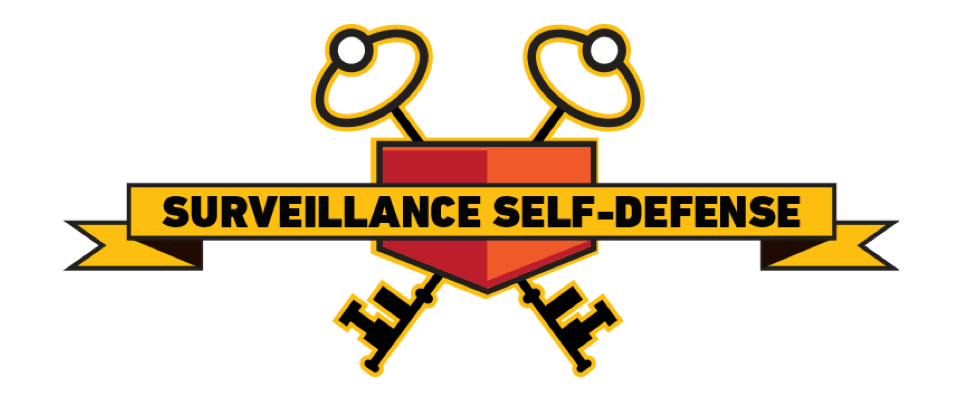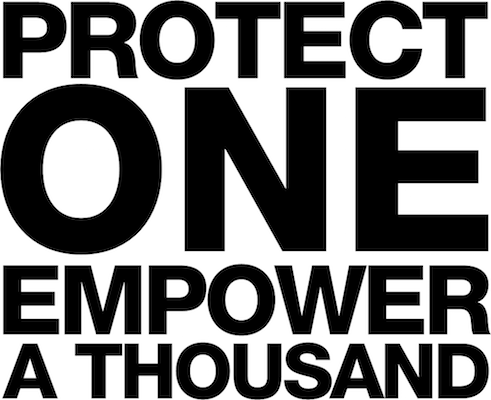Back to top
- Meet the Human Rights Defenders
- Tools for HRDs
- Front Line Defenders Award
- Protection Grants
- Risk Analysis & Protection Planning
- Digital Protection
- Research & Advocacy
- EU Advocacy
- Rest & Respite
- Dublin Platform
- HRD ID Cards
- EU HRD Mechanism
- UN Special Rapporteur
- Workbook on Security
- Digital Protection Resources
- Canada Program
- Resources for Wellbeing & Stress Management
- About
- Visibility




